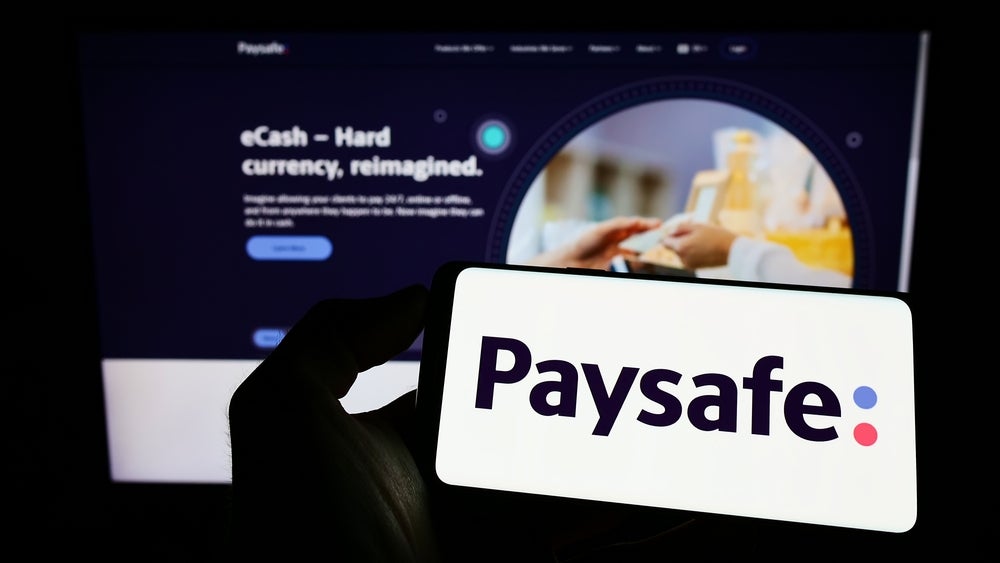As the holiday season approaches, a recent study by Paysafe sheds light on shifting consumer behaviours, emphasising the need for merchants to adapt to changing preferences at the checkout.
The research, titled "Lost in Transaction 2023: The Disposable Income Report - How Consumers are Changing their Discretionary Spending," surveyed 14,500 consumers across Europe, North America and Latin America.
Diverse payment options gain traction
Paysafe's findings highlight a critical aspect for online businesses, both large and small, to consider. While traditional payment methods like debit cards (67%) and credit cards (50%) continue to be popular for holiday shopping, the study indicates a noticeable shift towards alternative payment methods (APMs).
Digital wallets take the lead, favoured by 48% of consumers during the holiday season.
Bank transfers follow at 41%, with 25% embracing online cash payment solutions, known as eCash. Interestingly, eCash gains particular traction in Peru (36%) and Brazil (31%) while digital wallets see significant usage in Germany (61%).
Economic realities impacting holiday spending plans
The research also delves into the economic factors influencing consumer behaviour this holiday season.
With 81% of respondents planning to adjust their spending, the study reveals a global trend that rises to 91% in Peru but drops to 68% in the UK. Tighter budgets lead 33% of global consumers to plan reduced spending on gifts, with notable variations across regions such as a 42% decrease in Chile.
Additionally, 22% anticipate spending less on food and drink while 19% plan to cut back on socialising and entertaining.
Strategies to navigate holiday costs
In response to heightened costs, the study finds that 21% of consumers plan to leverage seasonal deals to manage their budget, with 20% having prepared by saving earlier in the year.
Paysafe's chief revenue officer Rob Gatto, emphasised the competitive landscape for retailers. He noted:
"Merchants who offer multiple payment methods and a seamless payment experience will create differentiation, cater to new audiences, and increase conversion rates."









